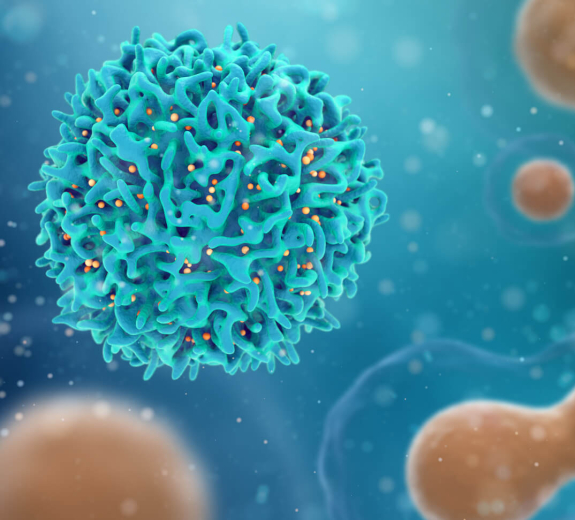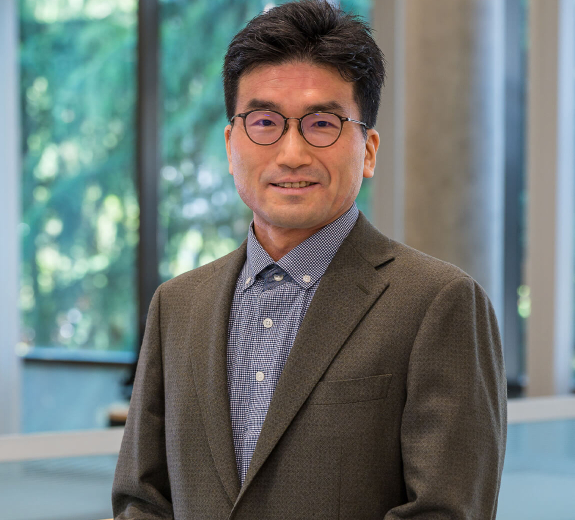I was interested in BRI because they have a strong connection with Virginia Mason Franciscan Health and the people in the community too. Because of that they have an excellent biorepositories of human samples. Studying patient samples was very important to me because they teach us the most about human diseases and effective treatments.
Also, I come from Tokyo, where we have cold winters and very hot and humid summers. So, the temperate weather in Seattle is perfect for me!
How did you become interested in immunology research?
When I was a little kid I had allergies — and I wanted to learn about exactly what was happening in my body and why. I’ve been fascinated with the immune system ever since.
As I got older, I realized that research was a clear way that I could help people suffering from immune system-mediated diseases. Sometimes one single research finding can help hundreds of thousands of people.
What’s the main focus of your lab?
My lab studies the role of a type of immune cell called a regulatory T cell (Treg) in cancer. A few years ago, my team discovered a Treg subset that was unique to colon cancer, and also uncovered the new molecular mechanism of Treg-mediated suppression of the immune system. Tregs are supposed to tell other immune system cells to stop attacking when a virus or bacteria is gone. But these Tregs were confused — they were telling other immune cells not to attack cancer cells, which allowed tumors to grow.
Now, most of my lab’s research focuses on how we might use Tregs as a way to diagnose colon cancer earlier and how we might target them to treat the disease.
What are some interesting research projects your team is working on?
My team is building on that initial discovery by learning more about subpopulations of Tregs. Our projects include:
- Developing a drug that might be able to target Tregs as a new treatment for colon cancer.
- Studying these Tregs in detail to better understand their features and the molecules on their surface.
- Seeing if the same or similar cells might be present in other types of cancer and autoimmune diseases, starting with pancreatic cancer and colitis.
I’m particularly excited about doing more research in pancreatic cancer and autoimmune diseases. New research could help provide new answers for these devastating diseases.
What do you like to do for fun?
I like to read all different kinds of books. When we have time, my wife and I enjoy exploring parks in Seattle and trying new hikes and trails. I really enjoy being in nature and my favorite tree is the Giant Sequoia.




